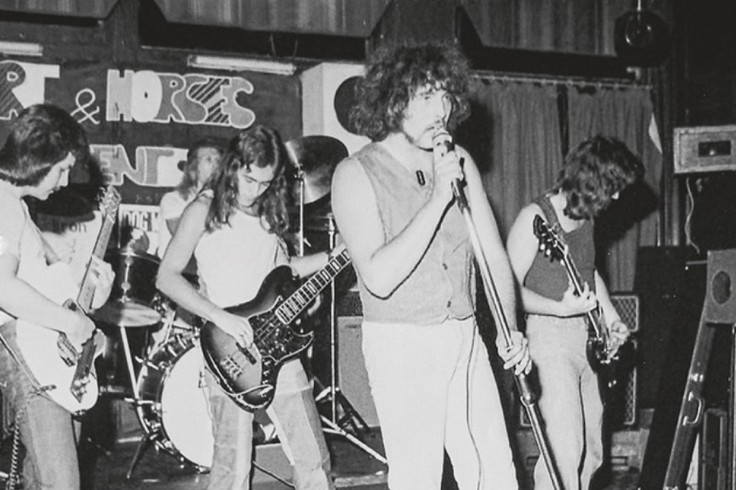
Paul Mario Day, the original frontman for Iron Maiden, has died aged 69 following a long illness. Reports indicate he had been battling cancer, though no formal cause of death has been confirmed by his family.
Although Day's time with Iron Maiden was brief, his early contributions helped shape the New Wave of British Heavy Metal. He later worked with More, Sweet and Wildfire, earning a lasting place in the UK rock and metal scenes.
Early Days with Iron Maiden and Departure
Paul Mario Day was born on 19 April 1956 in Whitechapel, London. In late 1975, at the age of 19, he joined Iron Maiden as their first lead vocalist after being recruited by bassist Steve Harris. His first live performance took place on 1 May 1976 at St Nicholas Hall in Poplar, followed by a residency in nearby Stratford, The Independentreported.
After around ten months with the group, Day was dismissed. Harris reportedly felt he lacked the onstage presence required to drive the band towards greater success. Day later recalled Harris telling him, 'You've got to be more in the audience's face... you've got to be commanding. You've got to be a hero.' Day said he agreed with the feedback but did not know how to deliver that kind of performance, according to The Guardian.
His departure opened the way for Dennis Wilcock, followed by Paul Di'Anno and later Bruce Dickinson, whose arrival helped turn Iron Maiden into a global phenomenon.
Post–Iron Maiden Career and Contributions
In 1980, Day formed the band More and became a recognised figure in the New Wave of British Heavy Metal (NWOBHM) scene. The group released the album Warhead and performed at the Monsters of Rock festival at Donington Park in 1981. They also supported Iron Maiden during the Killers tour.
Day later fronted the heavy rock group Wildfire before joining a re-formed version of the glam-rock band Sweet, led by Andy Scott. Scott later recalled that when Day arrived for his audition, 'We looked no further.' Day became a fixture of the live circuit and maintained a loyal following among fans.
In the mid-1980s, Day relocated to Australia, where he continued performing with groups including Defaced and Buffalo Crows until his later years. He spent time in hospice care before his death and is survived by his wife, Cecily.
Cause of Death and Tributes
Paul Mario Day died peacefully at his home in Newcastle, New South Wales, on 29 July 2025, People reported. Iron Maiden paid tribute, describing him as 'a lovely person and a good mate.' More honoured him as 'a huge part of the NWOBHM... a well-loved figure... played memorable shows... Rock in peace Paul.' Andy Scott echoed the sentiment, calling him a natural fit for Sweet from the moment he auditioned.
Legacy and Historical Significance
Although he never recorded a studio album with Iron Maiden, Day's place in the band's origin story secures his legacy within heavy metal history. His reflections on leaving the group suggest it was a pivotal experience that shaped his later performance style.
With More's early releases and festival appearances, along with his roles in Wildfire and Sweet, Day helped define a formative era in British rock. While Iron Maiden went on to global acclaim, Day's influence remains respected by fans and music historians alike. His death marks the loss of a musician whose early work helped pave the way for one of the UK's most influential metal acts.
Originally published on IBTimes UK
© Copyright IBTimes 2025. All rights reserved.







